Food has a profound effect on reproductive health, conception and pregnancy. What you eat can help or hinder you on your journey to conceive and carry a pregnancy to term. While we hear a lot about what to avoid while pregnant, it’s equally important to learn about the foods that will help you from even the earliest stages. Here are 10 healthy foods to incorporate into your menu that will naturally boost ovulation.

Full-fat dairy including milk, yogurt and cheese
Full-fat dairy is an excellent source of vitamin D which is good for bone health and helps mature your ovarian follicles. All you need is one serving per day, like this recipe for Turkish poached eggs that combines Greek yogurt with protein-rich eggs, a source of choline that aids in fetal development. You may also want to consider reducing or eliminating low-fat dairy from your diet as it can raise the risk of ovulatory infertility.
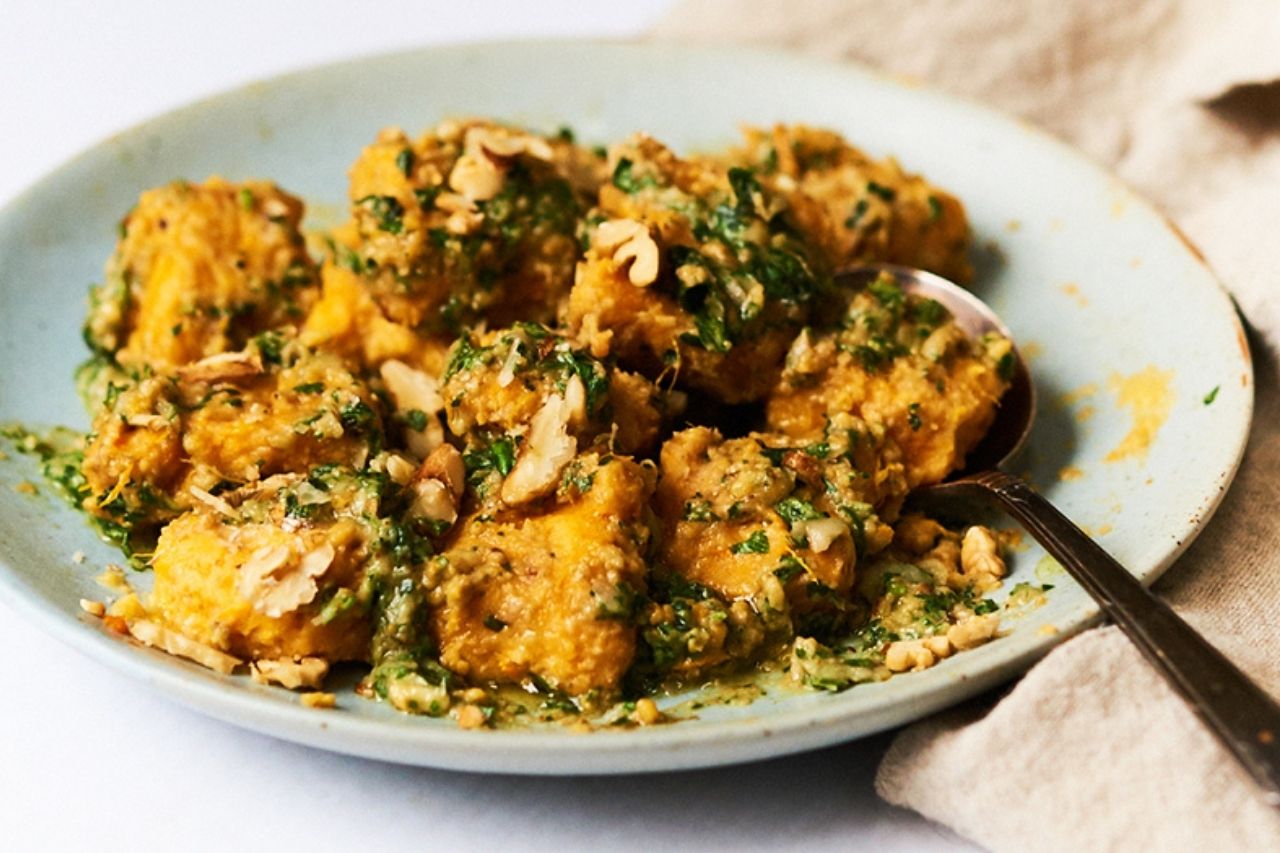
Yam and sweet potato
Sweet potatoes and yams are rich in vitamins that aid with fertility. They contain beta-carotene that helps boost progesterone production and is important to embryo development. Yams also have some anti-estrogen effects that cause the body to produce more gonadotropins, triggering ovulation. There are so many scrumptious ways to enjoy these root veggies, like this recipe for sweet potato gnocchi.
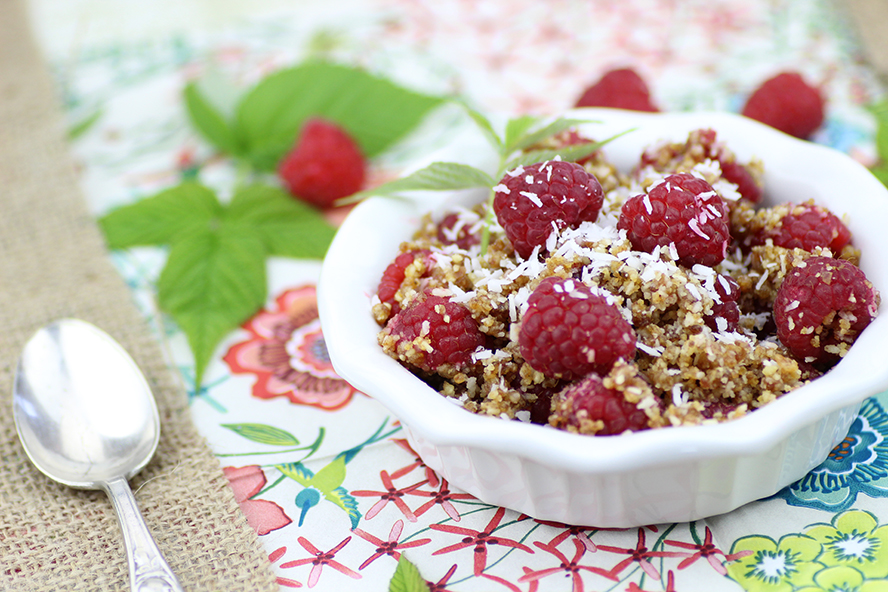
Berries
Berries, especially blueberries and raspberries, are chock full of antioxidants and anti-inflammatory phytonutrients, both of which boost fertility. Antioxidants benefit ovulation by protecting your eggs from cell damage and aging. Berries are even high in vitamin C and folate which aid in fetal development. Add berries to oatmeal and smoothies, or in this healthy crumble bowl.
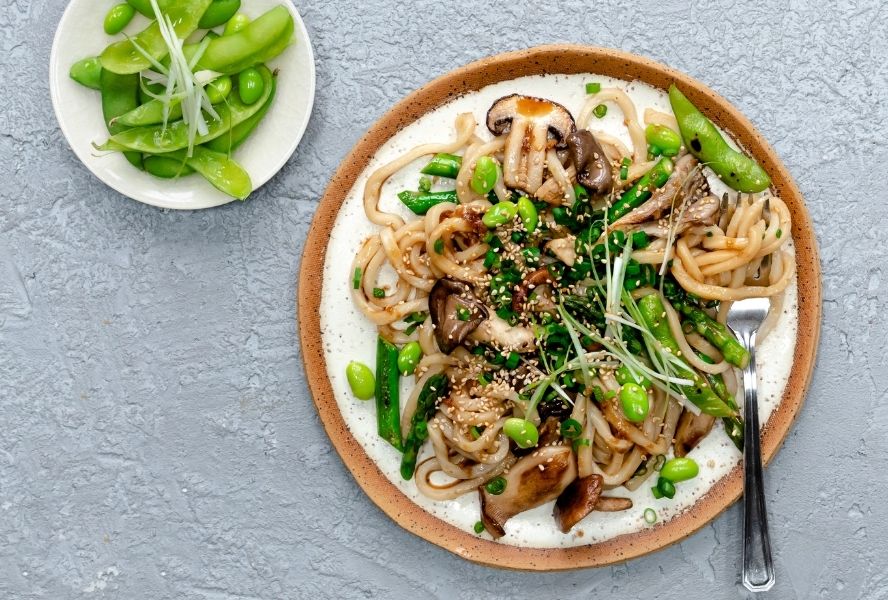
Asparagus
Folic acid is essential when trying to conceive, and asparagus is one of the best sources of this B vitamin. One cup of the spring veggie contains more than half the recommended daily dose of folic acid, plus vitamin K which is linked to central nervous system development and tooth formation. Asparagus also contains glutathione, an antioxidant that improves egg quality. Include it in your menu by roasting it, adding it to a risotto, or combining it with mushrooms and udon for a tasty stir-fry.
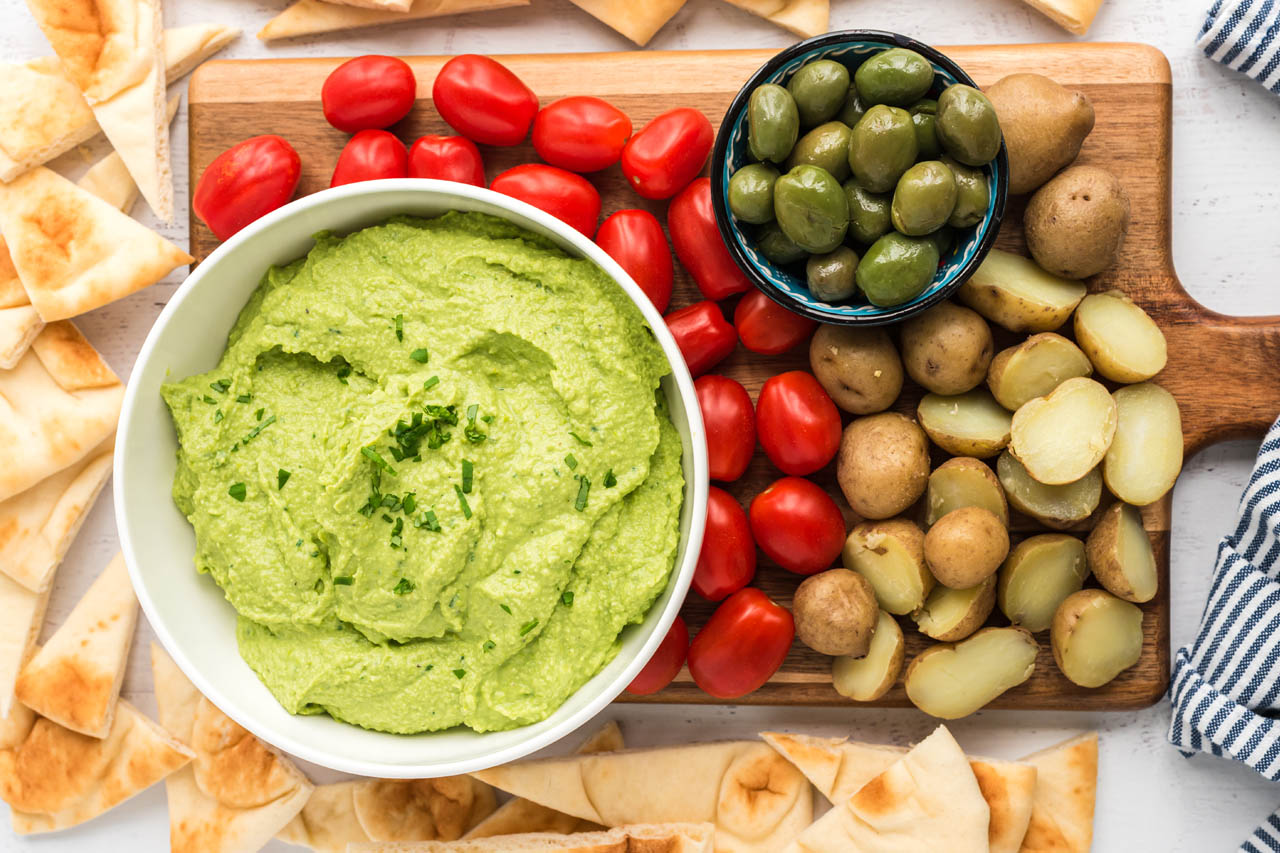
Avocado
Avocado is widely known as a healthy fat, but when it comes to fertility, it’s also a great source of folate, potassium, vitamin B6 and vitamin E which can be beneficial in improving the lining of the uterus. Avocado also has vitamin K which helps your body absorb nutrients while balancing hormones. This recipe whips avocado into a creamy green hummus for the perfect afternoon snack.
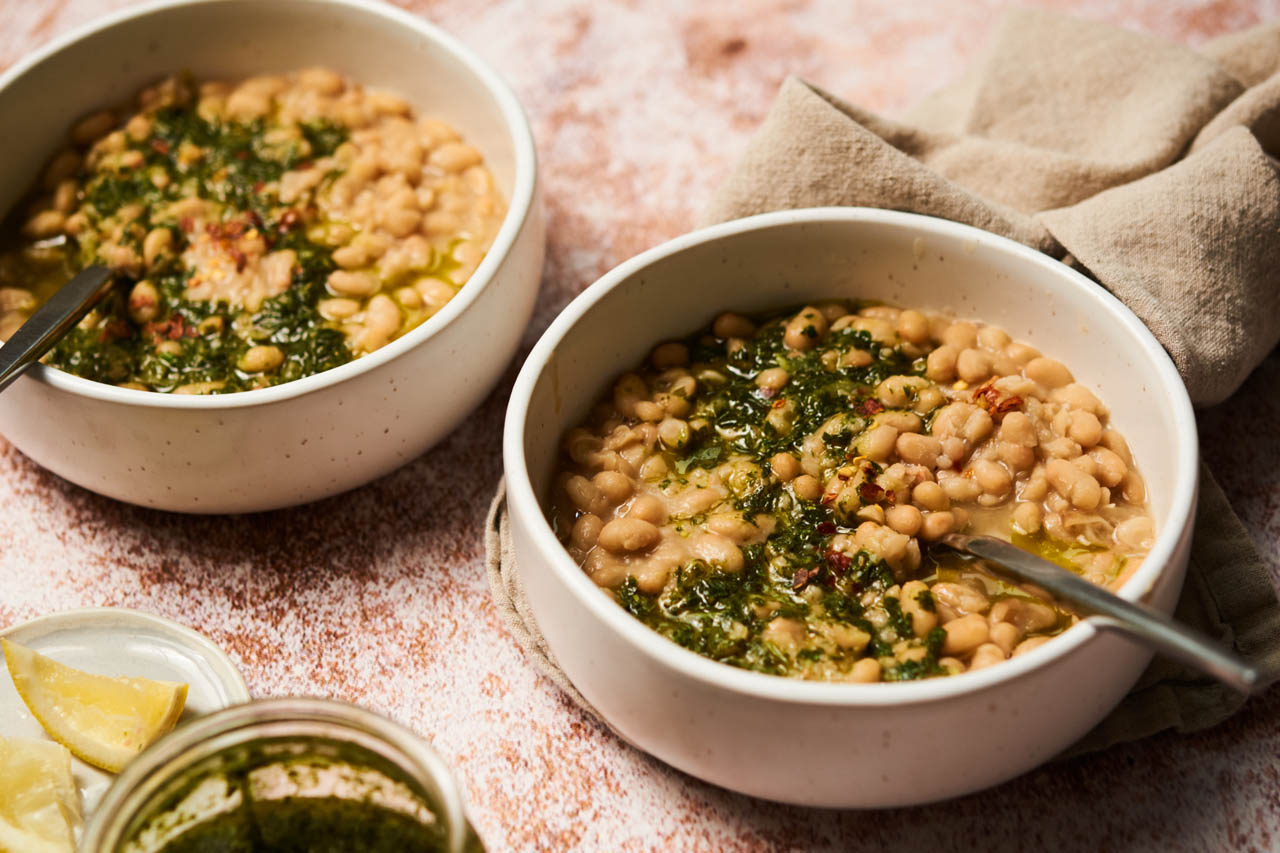
Beans and lentils
In addition to being a great source of plant-based protein, beans and lentils are high in fibre and vitamin B, and also an excellent source of folate and iron. Some studies have even shown that people who eat more plant-based proteins are less likely to experience ovulatory infertility. When cooking with lentils and beans, reach for dried legumes or go with a BPA-free canned option. Need some inspiration? This brothy bean recipe isn’t only delicious, it’s also a great make-ahead meal.
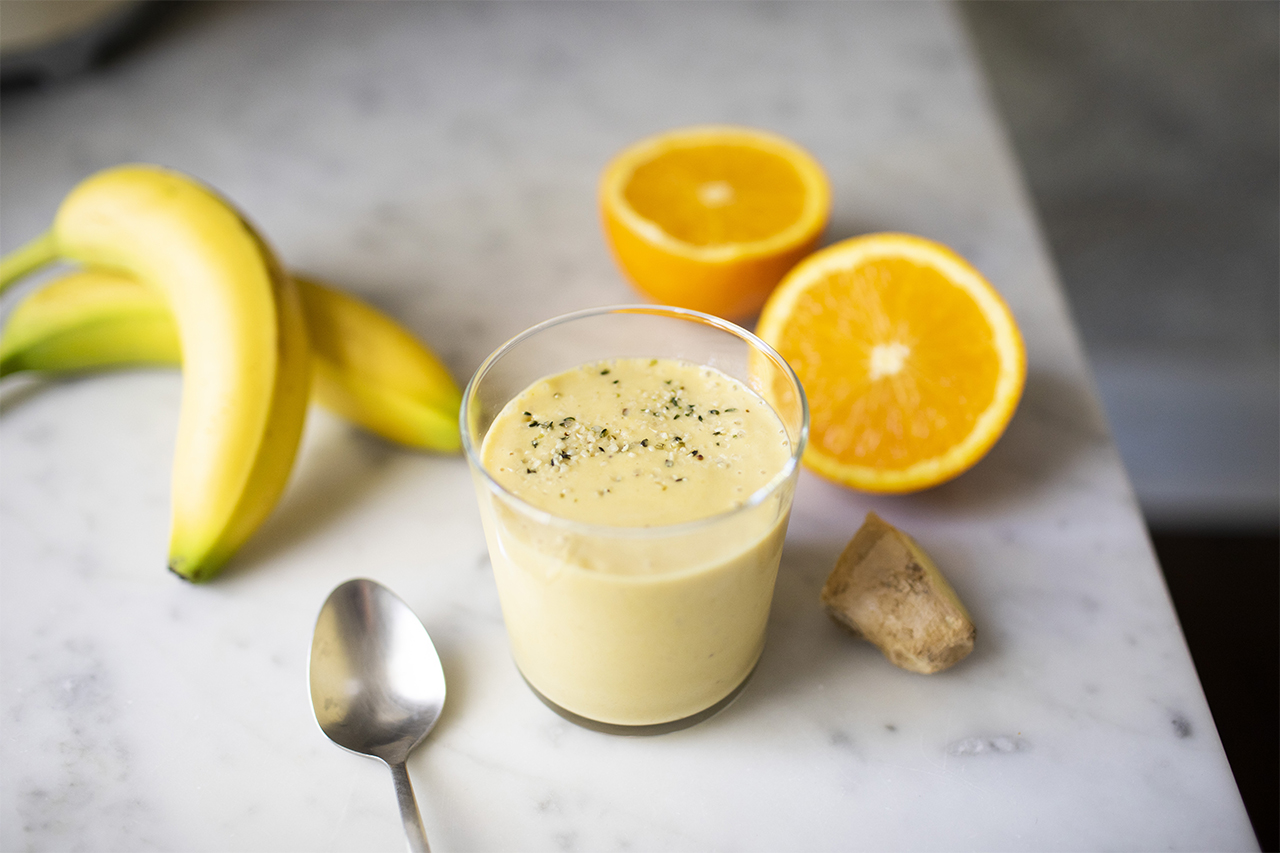
Citrus fruit
Renowned as some of the best ways to add vitamin C to your diet, citrus fruits also have several benefits when it comes to fertility and ovulation. Not only do they contain potassium and calcium, but they’re also rich in folate which helps regulate ovulation and creates a healthy environment for eggs. Try to include one serving of citrus per day – in addition to one other serving of fruit – whether on its own or in a smoothie like this one that combines fresh orange and lemon juice with Greek yogurt.
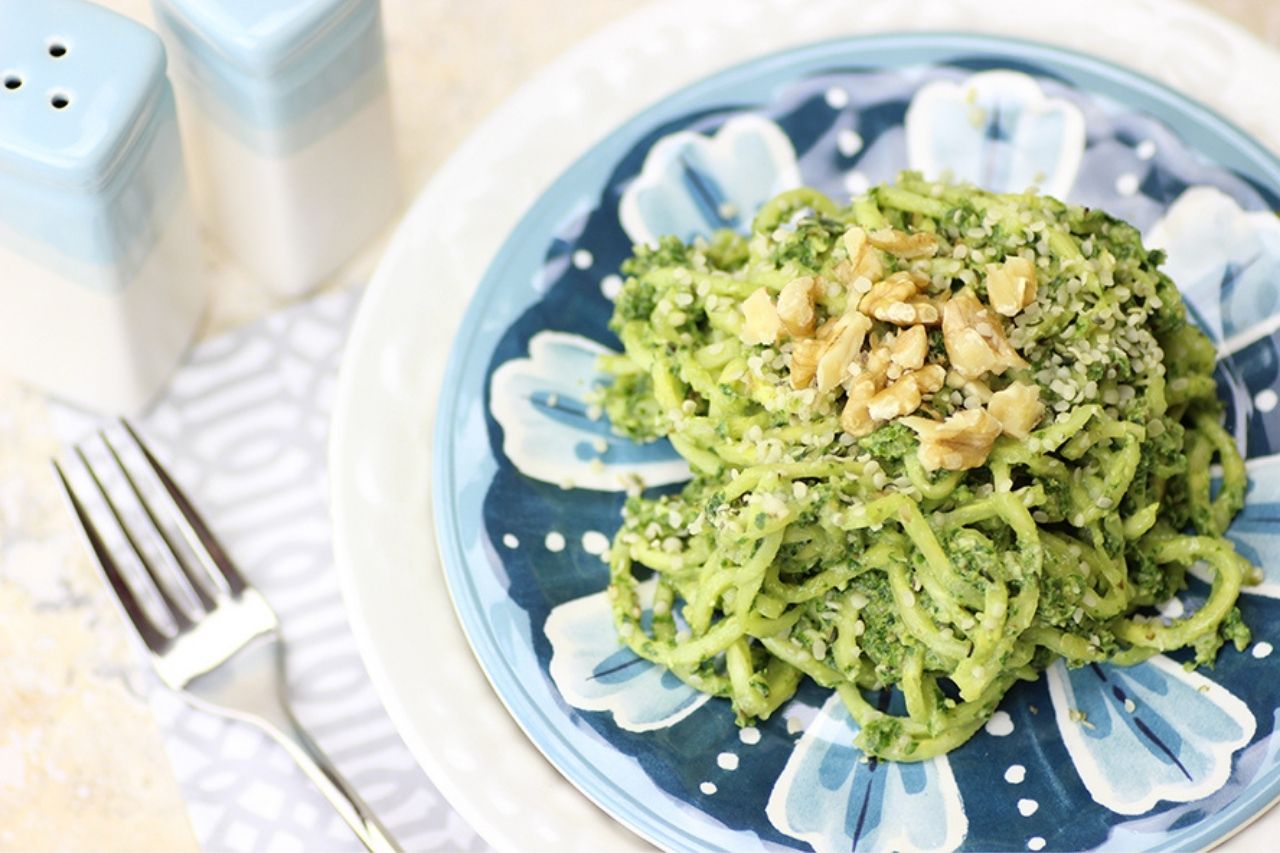
Spinach
Dark, leafy greens in general are an excellent addition to any diet, but the versatility of spinach makes it an easy ingredient to incorporate into meals when trying to boost ovulation. Rich in iron and folate, spinach can be added to everything from smoothies and salads to soups and even pasta dishes. You can even transform it into a savoury pesto that can be tossed with zucchini noodles.
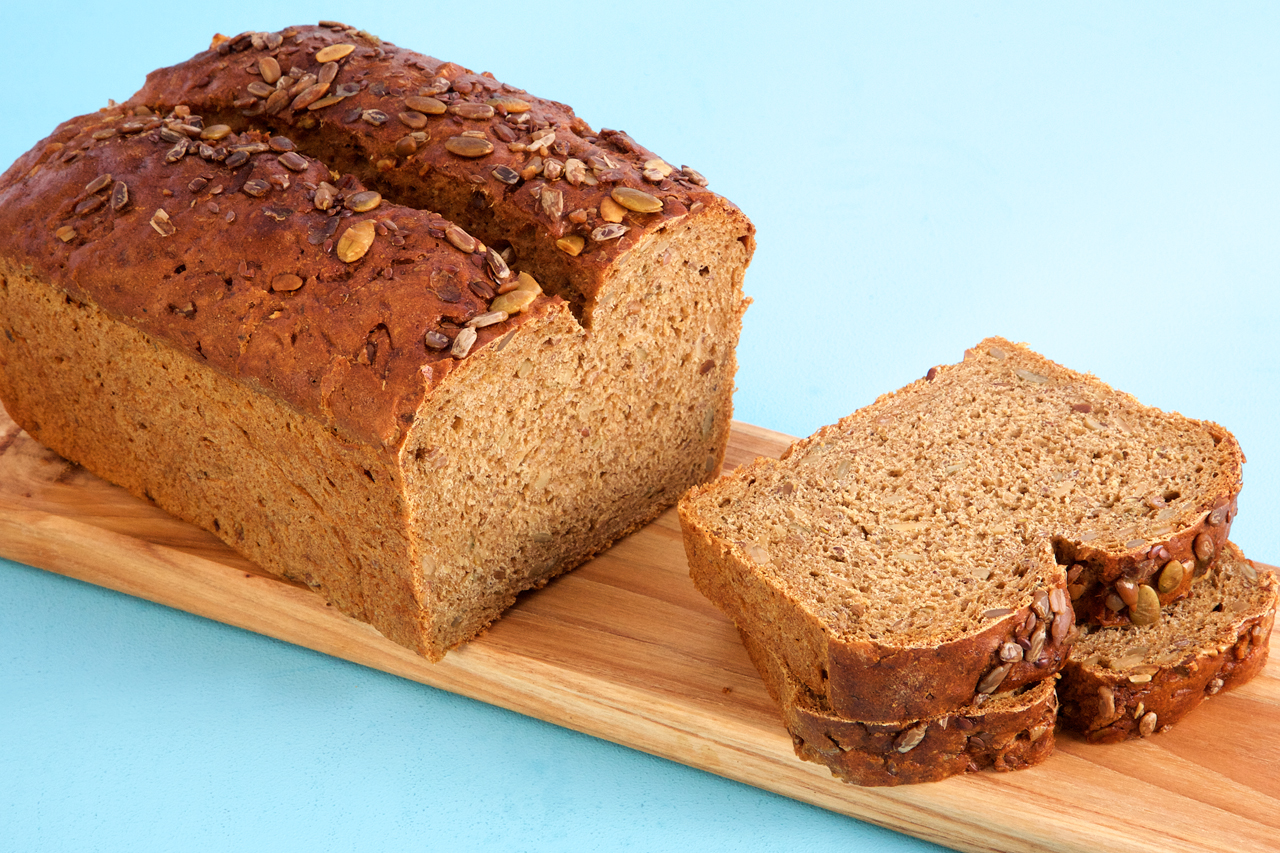
Pumpkin seeds
Pumpkin seeds are rich in zinc and omega 3 fatty acids, which both have fertility-boosting properties. Zinc helps fight germs and aids the body in utilizing reproductive hormones like estrogen and progesterone. When trying to conceive, you don’t want low zinc levels that can cause menstrual irregularity and abnormal egg development. It’s easy to add pumpkin seeds to a variety of dishes. Enjoy them in a trail mix, sprinkle them on salads and soups, or incorporate them into your next loaf of homemade bread.
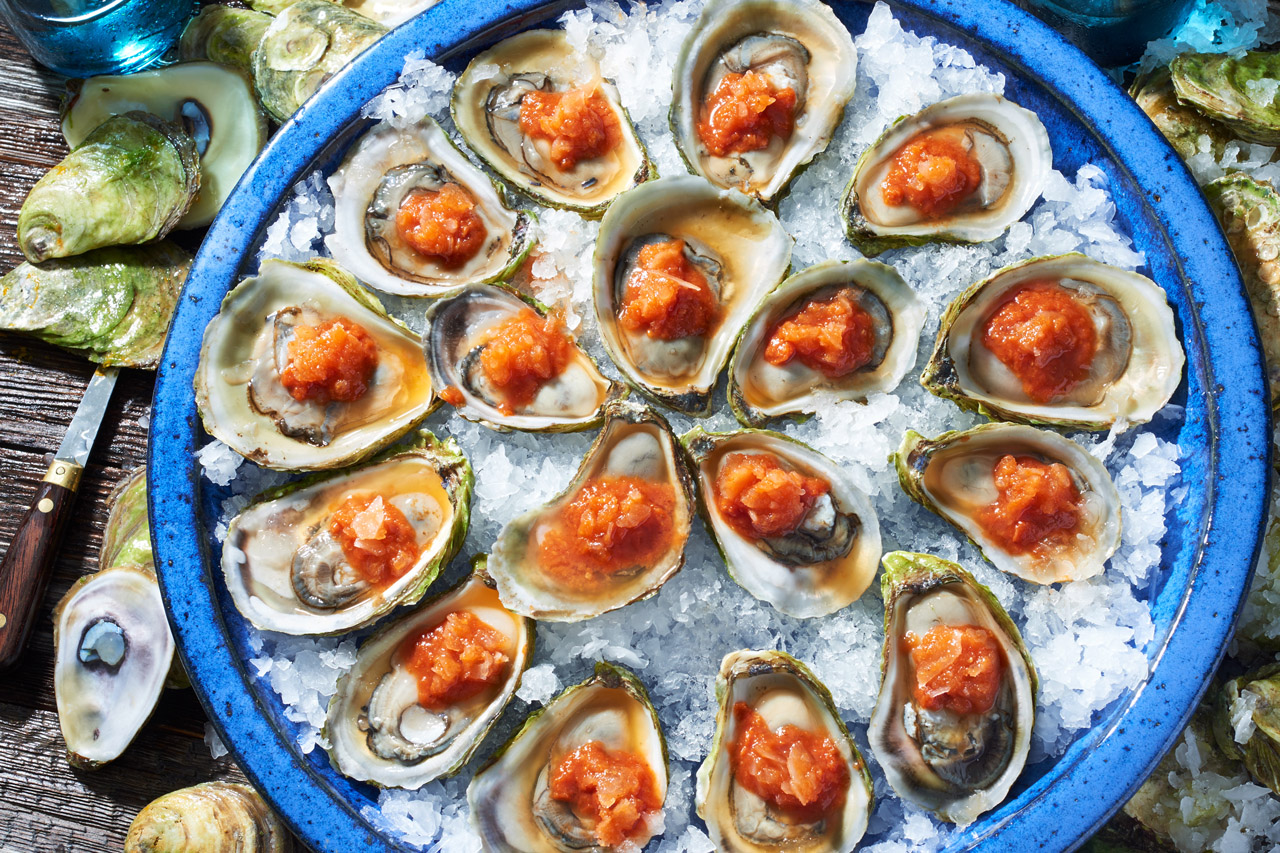
Oysters
Oysters are the most concentrated source of zinc, a nutrient that is vital to egg health and conception. They’re also rich in vitamin B12 which enhances fertility. While you’ll want to avoid raw oysters once you’re pregnant, indulge away while you’re trying to conceive.
